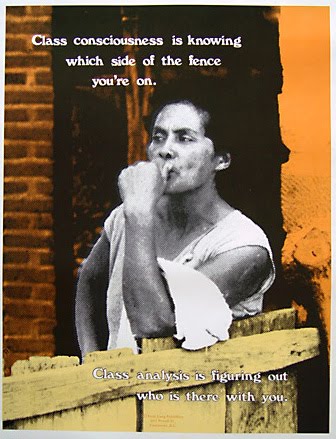Do you ever consider what goes in to bringing you a glass of Coke?
One hundred years ago the soil of the United States felt a lot different than it does today. The reason for that is that many of the nutrients and much of the organic matter has been washed out to sea. They have been replaced with much less porous chemical fertilizers. The amount of soil, that is, the thickness of it, is a fraction of what it used to be.
We eat these nutrients and we flush them down the toilet. They go out to sea and as a result, the land loses some of its wealth.
We live inside of extremely large and wasteful systems and those systems must be either flushed down the toilet of history or radically changed.
The simple act of having a snack and a glass of coke requires a monumental effort that happens behind the scenes. The sugar is shipped to the factory from the plantation and a warehouse. This requires ships, trucks and forklifts. The sugar is packaged on the way and that requires cutting trees, processing the paper which is a large expenditure of energy in itself. The paper is then packed and shipped. It is then made into the specific packaging material for the sugar. This all requires many workers to get in their cars and go to work, using even more energy. The sugar is packaged and then moved to the factory that makes the Coke. This factory ships in many different materials that go into the recipe for Coke. Then there is glass and cans which start out as rock and are processed into cans and bottles. It would take a lot of effort to trace every worker that goes into a glass of coke.
So, you have your Coke and a pastry which is in cellophane wrapper which in turn is in a colourful box. Again, the process is far too involved to even write out here. Little by little by little, every day, every week and every year, the earth and the eco-systems provide their micro treasures for our macro systems so we humans can consume. We are addicted to bath oil, and hair conditioner and cigarettes and fat. And as the wealth of the eco-systems offer up their treasures to us, we flush them down toilets, burn them, and contaminate them irreparably.
We have to abandon affluence and our multitude of petty addictions. We have to abandon our spoiled comfort. We have to stop the madness of having our Coke and our snack and then driving in our cars to Curves to work off our guilt and excessive fat. We have to stop packing goods inside of packages that are inside of packages. We have to stop cutting tress to make paper to advertise to tell people they must consume what they don’t need and what will make them sick. We have to learn to eat from the local soil, to drink water from our local ground, and to stop all the shipping and flushing and burning.
We have to change our minds.
But when we consider that even something as minimal as the Kyoto Protocol has run into stiff opposition from those that are most addicted to the party, we know that we have to win a huge battle before we start cutting down the large macro party machines of capitalism.
Our children and grandchildren and their kids have an enemy in our midst. This enemy is equal to the bus driver that jumps from the bus with busted brakes to save himself instead of taking the risk to save the children who all perish off the side of a cliff. They are George Costanza pushing children and feeble old women down to escape what he thinks is a fire in the kitchen. They are the selfish and comfortable cowards that we think of as capitalists. They are them and their million lackeys and they are the enemies of humanity and the earth.
Everybody doesn’t have to work to distribute and produce wealth. That idea is part of capitalistic indoctrination. Capitalism has given us many gifts of technology, know-how, and toys. Thank you capitalism, we appreciate it. But it has come at a price and the sooner we start paying it back to the earth, the less expensive it will be. We have to change our economic systems, our production systems and our distribution systems if we want to save the eco-systems.
We will produce most of what we need locally and we will start living with each other in communities again. We will say good-bye to our alienated lives in front of television sets. We will produce what we need and we will distribute what is needed as it is needed. We may need bicycles and buses, we don’t need cars. We need to distribute water where it isn’t locally available, we don’t need Coke. We don’t need bath oil or bath oil beads.
We live inside big wasteful production and distribution systems but we also live inside many other systems. We live inside eco-systems and we cannot destroy them. We cannot continue to abuse the earth because we are as much a part of the earth and the nutrients we put in our mouths and flush down the toilet. As we destroy the earth, we destroy our grandchildren. They are the earth and they will come from the earth long after we return to it.

No comments:
Post a Comment